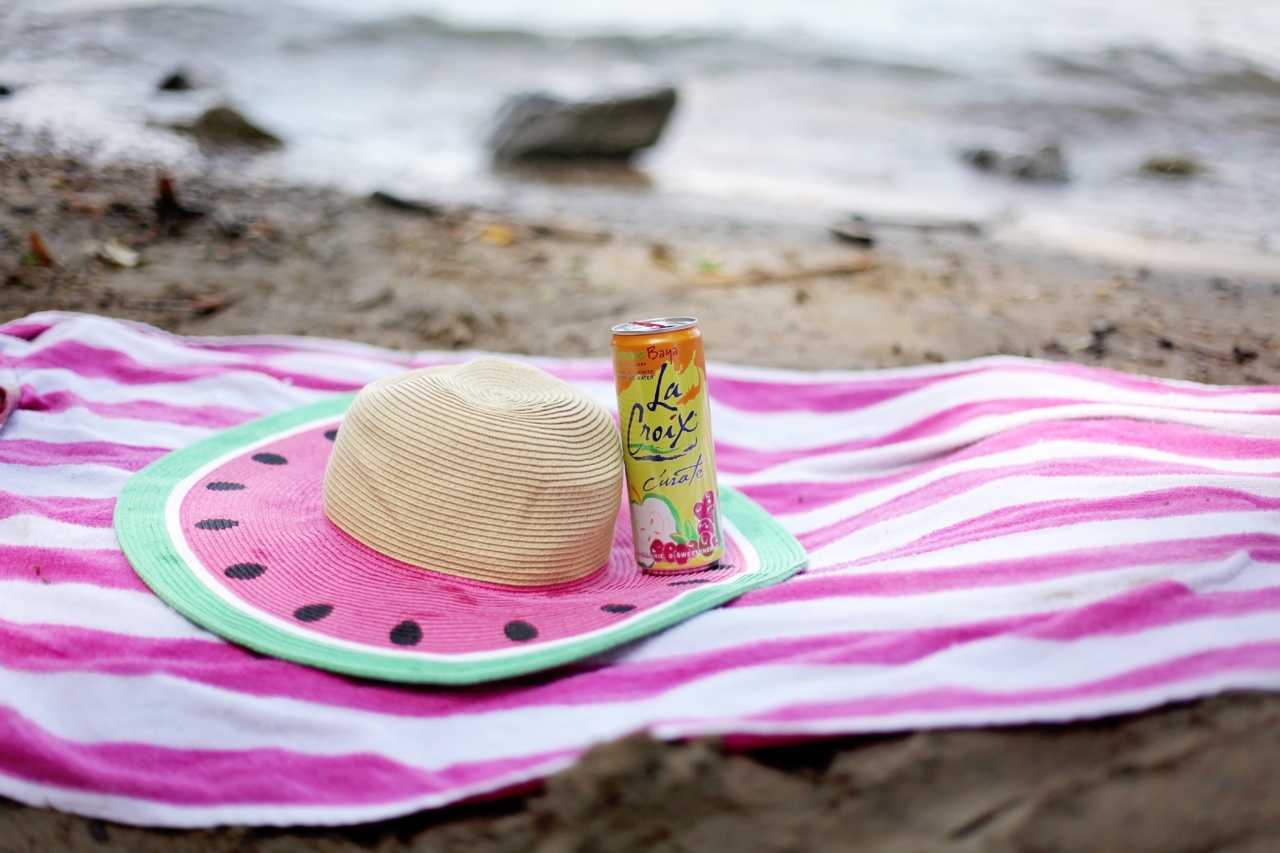As parents, we are always on the lookout for ways to keep our children healthy and safe. One way we do this is by keeping our homes clean, and one tool we use for this purpose is the trusty vacuum cleaner.
However, have you ever thought about whether the vacuum cleaner itself could be spreading childhood illnesses? In this article, we will discuss which childhood illnesses can be spread by vacuum cleaners and how we can prevent this from happening.
Asthma
Asthma is a chronic disease that affects the airways in the lungs. If a child has asthma, they may experience wheezing, coughing, and difficulty breathing.
Vacuum cleaners can exacerbate asthma symptoms by kicking up dust and other allergens that can trigger an asthma attack. To prevent this, it’s essential to use a vacuum cleaner with a HEPA filter, which will trap the tiny particles that can be harmful to those with asthma.
Allergies
Allergies are a common childhood illness that can be spread by vacuum cleaners. Dust mites, pet dander, and pollen are all common allergens that can be found in carpets and upholstery.
Vacuuming can stir up these allergens and spread them throughout the air, leading to irritated eyes, runny nose, and even hives. To avoid this, use a vacuum cleaner with a HEPA filter and vacuum frequently to keep allergen levels to a minimum.
Gastrointestinal Illnesses
Gastrointestinal illnesses, such as norovirus and salmonella, can be spread by vacuum cleaners if they are not cleaned properly.
If a vacuum cleaner is used to clean up vomit or other bodily fluids, the virus or bacteria can survive on the vacuum cleaner’s surface. To prevent the spread of these illnesses, it’s essential to clean your vacuum cleaner thoroughly after cleaning up any bodily fluids.
This includes wiping down the surfaces with a disinfectant and washing any removable parts with hot, soapy water.
Infectious Diseases
Infectious diseases like the common cold and flu can also be spread by vacuum cleaners. These viruses can be present in dust and other particles that are picked up by the vacuum cleaner and spread throughout the air.
Using a HEPA filter and vacuuming frequently can help to minimize the risk of spreading infectious diseases.
Croup
Croup is a childhood illness that affects the respiratory system and causes a barking cough. It is caused by a virus that can be spread through respiratory droplets.
If a child with croup coughs or sneezes near a vacuum cleaner, the virus can be picked up by the vacuum cleaner and spread throughout the home. To prevent this, it’s important to keep a child with croup isolated from areas where the vacuum cleaner is used and to clean the vacuum cleaner thoroughly after use.
RSV
RSV, or respiratory syncytial virus, is a common childhood illness that can cause fever, cough, and difficulty breathing. It is highly contagious and can be spread through respiratory droplets or contact with contaminated surfaces.
If a child with RSV comes into contact with a vacuum cleaner, the virus can survive on its surface and be spread to other areas of the home. To prevent this, it’s important to clean the vacuum cleaner thoroughly after use and to keep a child with RSV isolated from areas where the vacuum cleaner is used.
Measles
Measles is a highly contagious viral illness that causes fever, cough, and a rash. It is spread through respiratory droplets and can survive on surfaces for several hours.
If a child with measles comes into contact with a vacuum cleaner, the virus can be spread throughout the home. To prevent this, it’s important to keep a child with measles isolated from areas where the vacuum cleaner is used and to clean the vacuum cleaner thoroughly after use.
Hepatitis A
Hepatitis A is a viral illness that affects the liver. It is spread through contact with contaminated food or water, but can also be spread through contact with contaminated surfaces.
If a child with Hepatitis A comes into contact with a vacuum cleaner, the virus can be spread to other areas of the home. To prevent this, it’s important to clean the vacuum cleaner thoroughly after use.
Meningitis
Meningitis is a bacterial or viral infection that affects the membranes surrounding the brain and spinal cord. It can be spread through respiratory droplets or contact with contaminated surfaces.
If a child with meningitis comes into contact with a vacuum cleaner, the virus or bacteria can be spread to other areas of the home. To prevent this, it’s important to clean the vacuum cleaner thoroughly after use and to keep a child with meningitis isolated from areas where the vacuum cleaner is used.
Pertussis
Pertussis, also known as whooping cough, is a bacterial infection that affects the respiratory system. It is highly contagious and can be spread through respiratory droplets.
If a child with pertussis comes into contact with a vacuum cleaner, the bacteria can survive on its surface and be spread to other areas of the home. To prevent this, it’s important to clean the vacuum cleaner thoroughly after use and to keep a child with pertussis isolated from areas where the vacuum cleaner is used.
Conclusion
Vacuum cleaners are an essential tool for keeping our homes clean, but they can also spread childhood illnesses if not used properly.
By using a vacuum cleaner with a HEPA filter, cleaning it thoroughly after use, and limiting contact between the vacuum cleaner and children with contagious illnesses, we can help keep our homes healthy and safe.



























